Estimated reading time 8 minutes, 45 seconds.
On Oct. 3, 2014, a team from L3Harris Technologies travelled to the Middle East to support the Royal Canadian Air Force (RCAF) during Operation Impact, a mission by the Global Coalition to degrade and defeat Daesh in Iraq and Syria.
This was the first time in Canadian history the CC-150 Polaris entered a combat theatre as an air-to-air refuelling tanker, and for the next four years, L3Harris technicians worked around the clock to ensure the fleet was ready to fly at a moment’s notice.
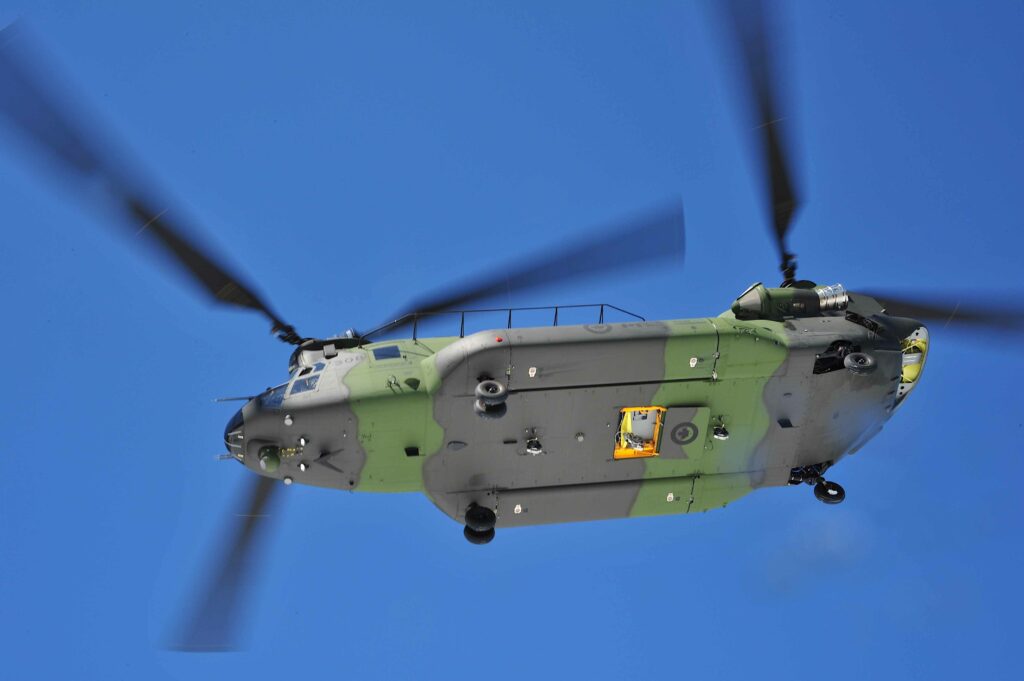
Although this mission was unique, and certainly a significant milestone — one that landed L3Harris many commendations and resulted in a departure reliability of more than 97 per cent — it was merely one example of the commitment L3Harris has shown as the primary in-service support (ISS) provider for CC-150 Polaris aircraft fleet over the last decade.
“It is an honour and privilege for us to be a provider of solutions to the RCAF, and we don’t take that responsibility lightly,” said Ugo Paniconi, general manager of L3Harris Technologies, in Mirabel, Que. “If we go back through our heritage as Canadair and as a unit of Bombardier, we have a 75-year legacy of providing the RCAF with sustainment solutions and we take a lot of pride in this important role.”
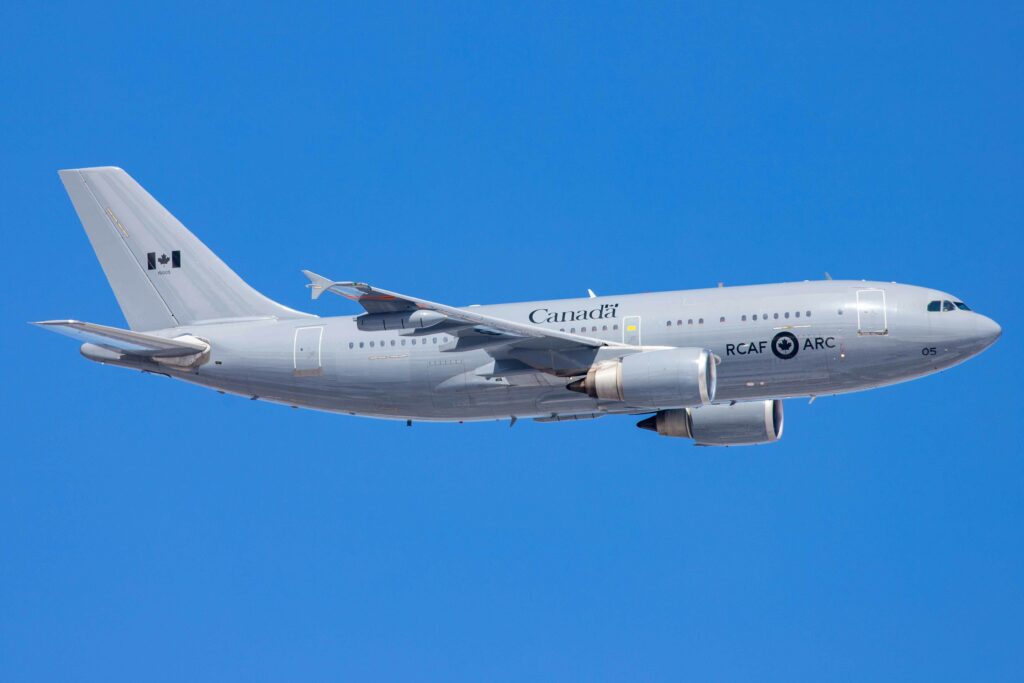
L3Harris began providing ISS for the RCAF’s five CC-150 Polaris aircraft in March 2012. This multirole platform consists of modified Airbus A310-300 airliners operating an array of missions — from VVIP transport to cargo, refuelling and other passenger configurations.
L3Harris is the primary provider of fleet management, engineering, operational and heavy maintenance, logistics, material management and support of all deployed operations for the RCAF fleet. It carries out this work at the RCAF 8 Wing Trenton facility in eastern Ontario, where the CC-150s are based, as well as at the L3Harris facility in Mirabel.
In addition, L3Harris also provides ISS for five other key RCAF platforms: the CF-188 Hornet, CT-114 Tutor (Snowbirds), CP-140 Aurora, CH-147 Chinook, and CH-148 Cyclone helicopters.
“As a result of our long-standing relationship, we’ve developed significant expertise when it comes to sustainment and in-service support,” Paniconi said. “We understand what is important to Canada, in terms of performance, flexibility, value for money and high-value Canadian jobs. We think about all these key aspects and make sure the solutions we bring to the table are affordable, flexible and effective in meeting the RCAF’s operational needs. We always look for ways to be innovative and to continuously improve.”
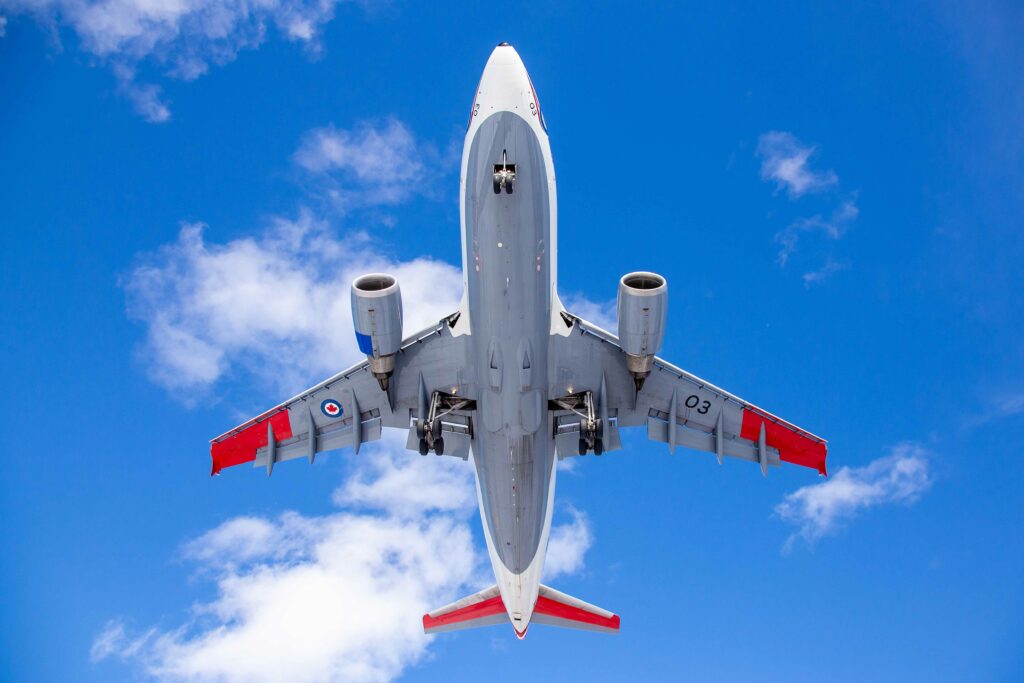
As the RCAF transitions to the procurement and preparation of Airbus A330-200 multi-role tanker transport (MRTT) aircraft that will replace the CC-150 Polaris, L3Harris is positioning itself as the ideal ISS provider for this new fleet.
“It really comes down to the capabilities and credentials we’ve built in developing and delivering complete, integrated sustainment solutions, backed by demonstrated performance and offering a low-risk solution at a level of readiness expected by the RCAF,” Paniconi said. “We invest a lot of our expertise and energy in making sure that all the necessary pieces come together to deliver mission success to the RCAF.”
Over the last 10 years, L3Harris said it has proven its ability to deliver that mission success by achieving dozens of milestones in support of the CC-150.
L3Harris began by rapidly achieving the required airworthiness accreditations in June 2012, followed by just-in-time support for the G8 summit in June 2013.
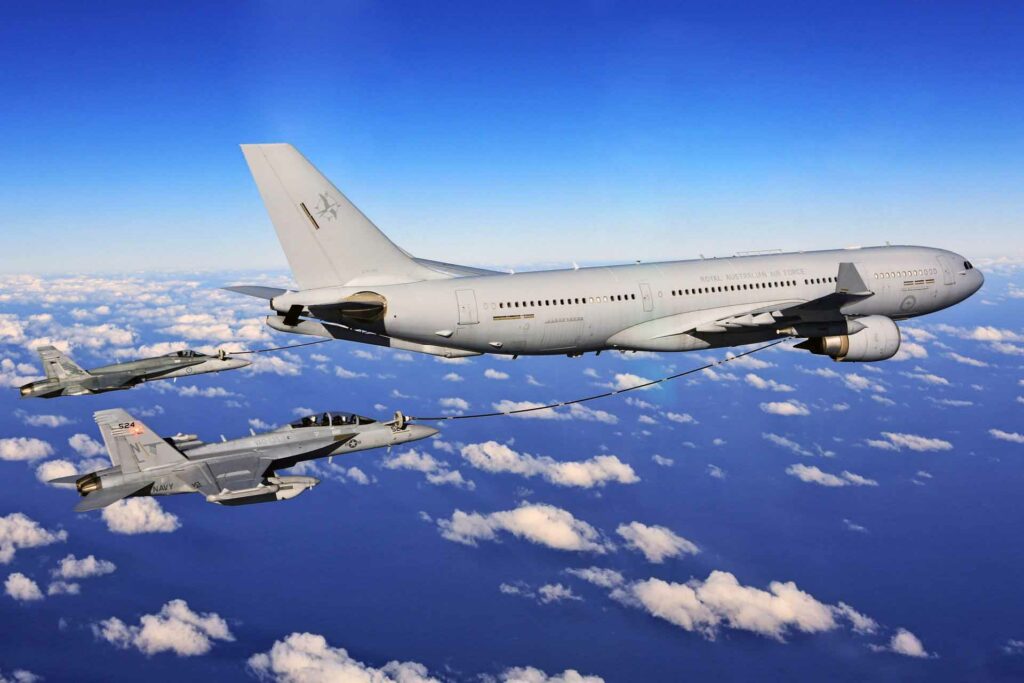
The VVIP transport aircraft was repainted and refurbished to properly represent Canada’s national identity and colours. It was also equipped with a secure voice communication system, satellite communication and WiFi capability, clearly demonstrating L3Harris’ leading capabilities.
In July 2013, the CC-150 Polaris team from L3Harris was recognized for outstanding performance during the Department of National Defence Operation Southern Reach in South America.
L3Harris received a new multi-year contract for ISS of the CC-150 Polaris in August 2013, and this work continues up to the present day, with a high degree of praise from the RCAF.
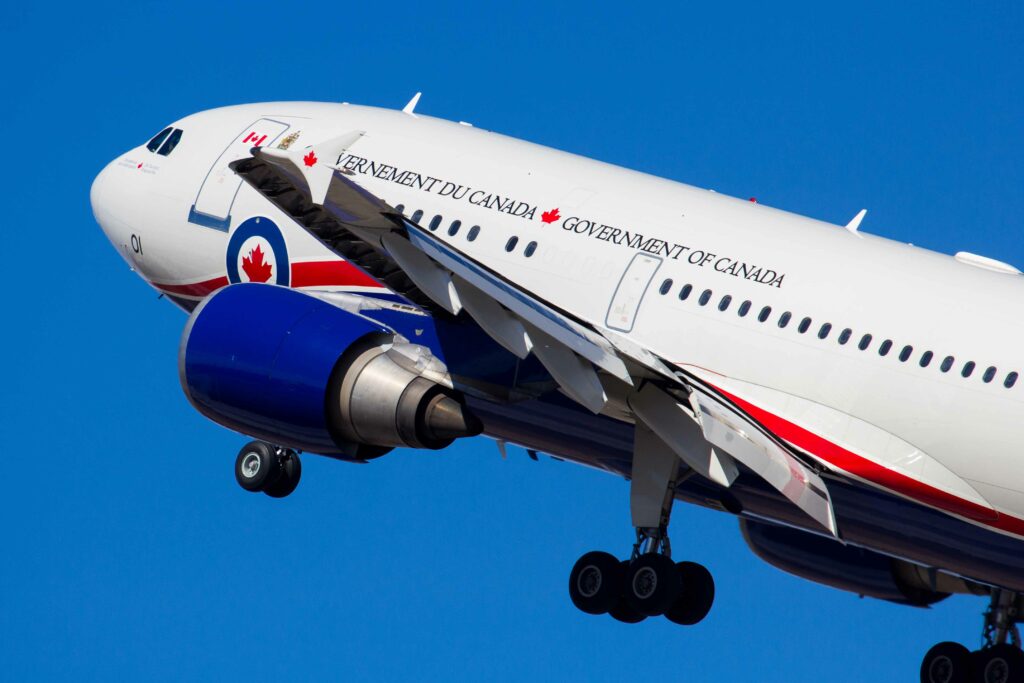
In December 2013, L3Harris provided RCAF 437 Squadron with the ability to use CC-150 Polaris aircraft to evacuate injured soldiers, installing four patient transfer units within 30 days — on time and on budget.
Then, in November 2015, L3Harris completed installation of an improved traffic alert and collision avoidance system (TCAS) on the fifth CC-150 aircraft — also on time and on budget.
This ensures the entire CC-150 fleet is now equipped with the latest TCAS, extending its lifespans and improving safety.
Many other milestones have followed since, and now that the Canadian government has begun engaging industry for its new A330 (CC-330) MRTT program, L3Harris is already planning an integrated supply chain solution for ISS.
Drawing on its experience and expertise, L3Harris said it is well-positioned as the logical, low-risk choice and ideal ISS provider to work with Airbus and Canada for the full lifecycle of this new platform.
“We are proud of the work we have done in support of the CC-150 fleet and look forward to the opportunity to continue this support on Canada’s new CC-330 MRTT fleet,” Paniconi said. “For many decades, we’ve dedicated ourselves to helping keep the RCAF flying safely and effectively. This is a job we take very seriously, know how to do well, and look forward to continuing to offer trusted, reliable, and effective fleet management solutions for many years to come.”








